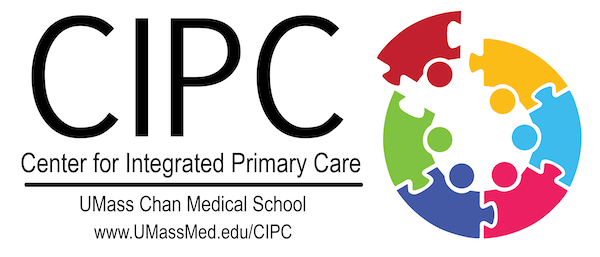What would it take to convince your institution to offer this course?
Care of Patients with Opioid Use Disorder
If you plan to prescribe opioids, you should also obtain your DATA Waiver to prescribe medication-assisted treatment.
Medication-Assisted Treatment (MAT) is the use of medications, in combination with counseling and behavioral therapies, to provide a “whole-patient” approach to the treatment of substance use disorders. It is also important to address other health conditions during treatment.
Qualified practitioners can offer buprenorphine for the treatment of opioid use disorders (OUD). The Drug Addiction Treatment Act of 2000 (DATA 2000) and the Substance Use Disorder Prevention that Promotes Opioid Recovery and Treatment for Patients and Communities or SUPPORT for Patients and Communities Act of 2018 (SUPPORT Act) expands the use of MAT using buprenorphine to additional practitioners in various settings.
In collaboration with the Tan Chingfen Graduate School of Nursing, the Center for Integrated Primary Care in the UMass Department of Family Medicine and Community Health, developed an 8-hour online, asynchronous course that qualifies for the first step in getting your DATA Waiver. After completing this course, NP students need to take an additional 16 hours of approved training.
This course has been endorsed by the American Society of Addiction Medicine (ASAM). ASAM is one of the organizations named in federal law as eligible to certify training as meeting DATA waiver requirements for all 50 states. This allows portability if you seek a position outside of Massachusetts.
This semester (Spring 2021) the course is offered for students due to the interruptions in your clinical training. The course will be available for DNP Year 2 students as part of your clinical practicum. For DNP Year 3 students, you can complete the 8-hour course and the 16 additional hours and receive your DATA waiver prior to graduation.
The course is comprised of 12 modules. management system. We recommend that students complete modules 1-4 in sequence. The remaining modules can be completed in any order.
Module 1 Introduction to Medications for Opioid Use Disorder
Module 2 Neurobiology and Pharmacology
Module 3 Screening, Assessment, and Diagnosis
Module 4 Clinical Management
Module 5 Counseling and Recovery Support
Module 6 Harm Reduction-Informed Care
Module 7 Pain Management and Opioid Use Disorder
Module 8 Medical Co-morbidities and Older Patients
Module 9 Sexual Health, Contraception, and Prenatal Care
Module 10 Psychiatric Comorbidity
Module 11 Adolescents and Young Adults
Module 12 Patients with Criminal Justice InvolvementThe course comes with a student note-taking resource to reinforce the learning objectives.
This course was funded by SAMHSA grant 1H79TI081671, the information should not be construed as the official position or policy of, nor any endorsements be inferred by SAMHSA, HHS or the US Government.
